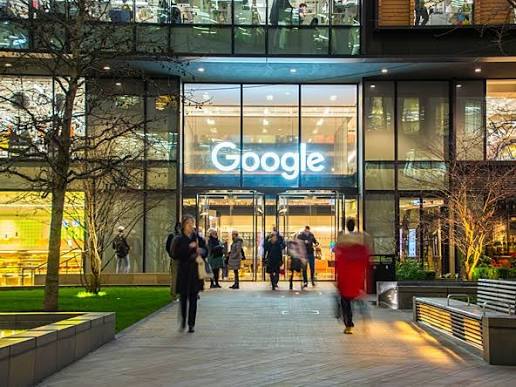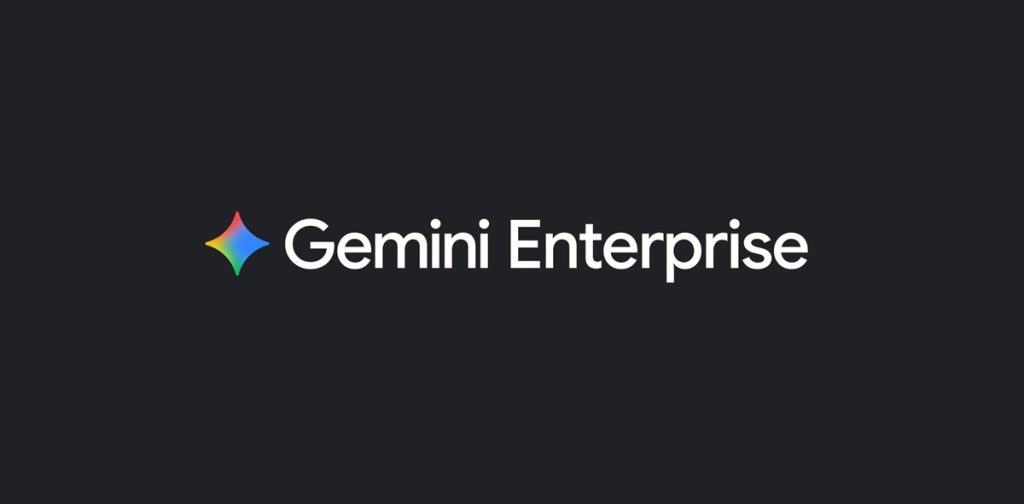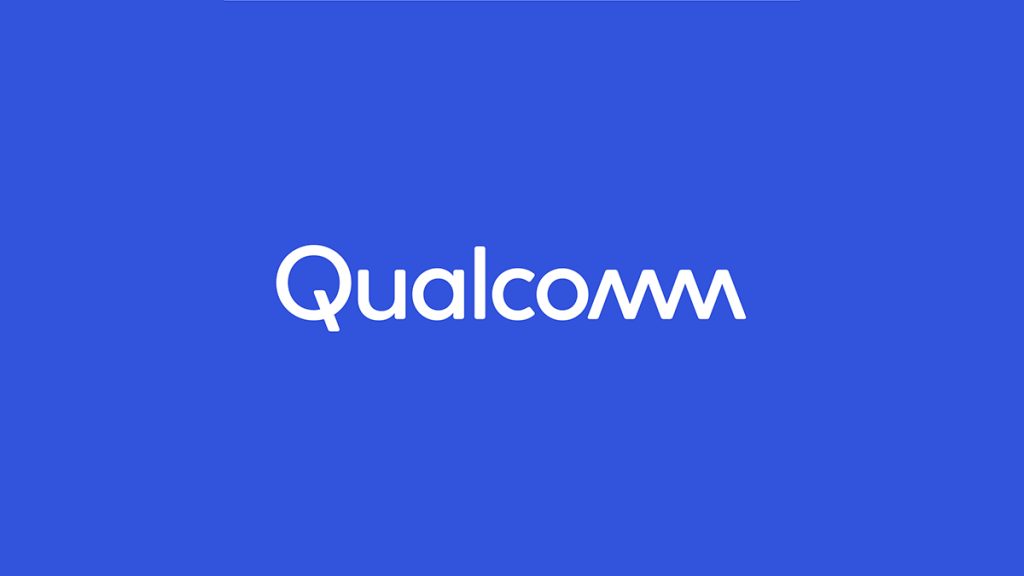The UK's Competition and Markets Authority (CMA) has granted Google Search 'Strategic Market Status' under the new Digital Markets, Competition and Consumers (DMCC) Act, enabling unprecedented regulatory powers.
CMA Unleashes New Powers Over Google Search
In a landmark decision, the UK's Competition and Markets Authority (CMA) has officially designated Google Search with 'Strategic Market Status' (SMS). This move, the first under the new Digital Markets, Competition and Consumers (DMCC) Act, grants the regulator significant new powers to oversee Google's conduct, aiming to level the playing field for competitors and foster greater innovation within the digital economy.
What Strategic Market Status Entails
The DMCC Act, which came into force recently, empowers the CMA to identify firms with substantial and entrenched market power in specific digital activities. Google Search’s designation as an SMS firm means the CMA can now impose legally binding 'conduct requirements' tailored to address identified competition concerns. These could include demands for greater transparency in how Google ranks search results, rules to prevent self-preferencing of its own services, and measures to ensure fair and open access for rival search providers and businesses that rely on Google's ecosystem.
- Enhanced Scrutiny: Google Search will be under continuous review by the CMA regarding its market practices.
- Proactive Regulation: The CMA can now proactively enforce rules rather than reacting to anti-competitive behavior after it occurs.
- Fair Access: Potential requirements to ensure third-party services and rivals can compete fairly.
Why It Matters: Impact on Consumers, Industry, and Google
This designation marks a pivotal moment for digital market regulation globally. For consumers, it promises more choice, potentially higher quality services, and fairer prices as competition is stimulated. Smaller businesses and rival search engines could see improved opportunities to reach users, reducing their reliance on Google's dominant platform and fostering innovation. For Google, this signifies increased regulatory pressure and potential operational changes, requiring careful navigation of new compliance obligations. It sets a powerful precedent, indicating that dominant tech giants can expect rigorous oversight in the UK and potentially influencing regulatory approaches in other jurisdictions.
“The Digital Markets, Competition and Consumers Act has given us new powers to address the competition issues we’ve identified in digital markets. We will now move forward, using our new powers, to ensure that Google Search and other firms designated with Strategic Market Status address any competition concerns we find and operate in a way that benefits UK consumers and businesses.”
— Sarah Cardell, Chief Executive of the CMA






